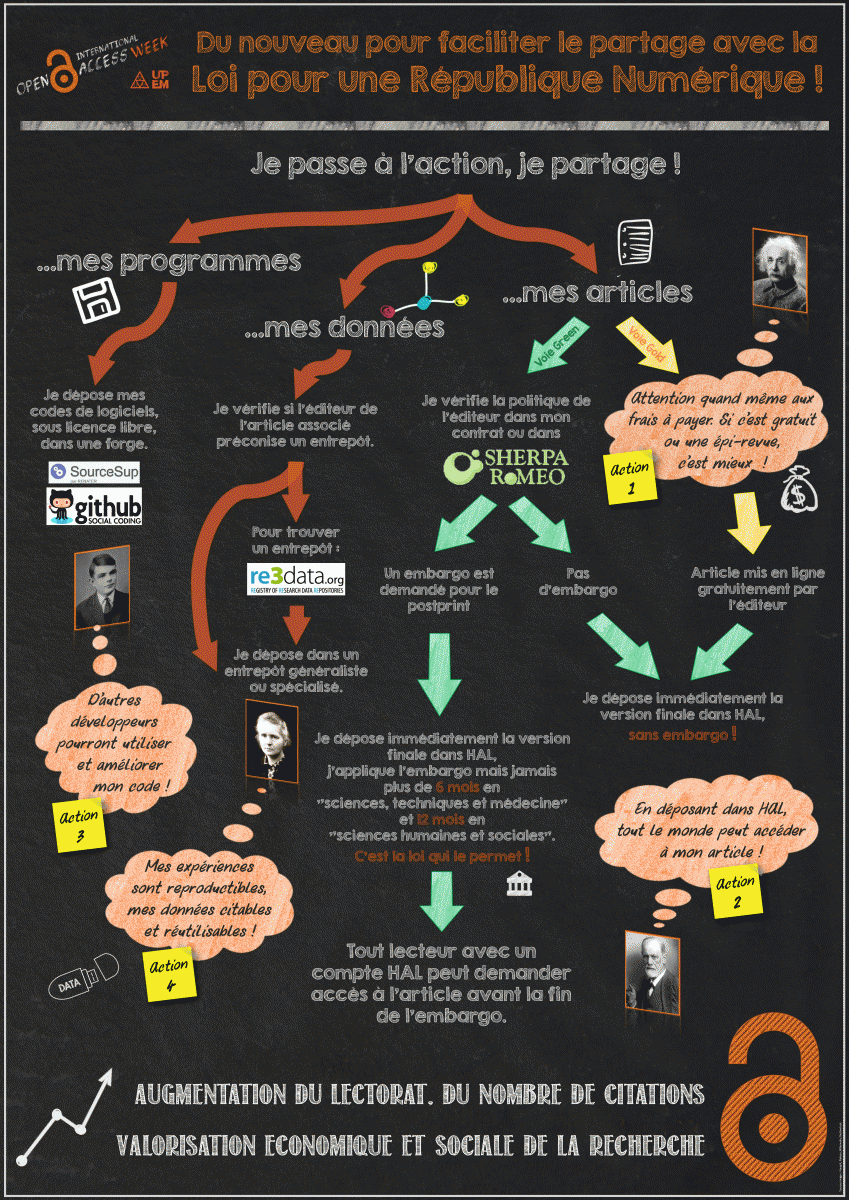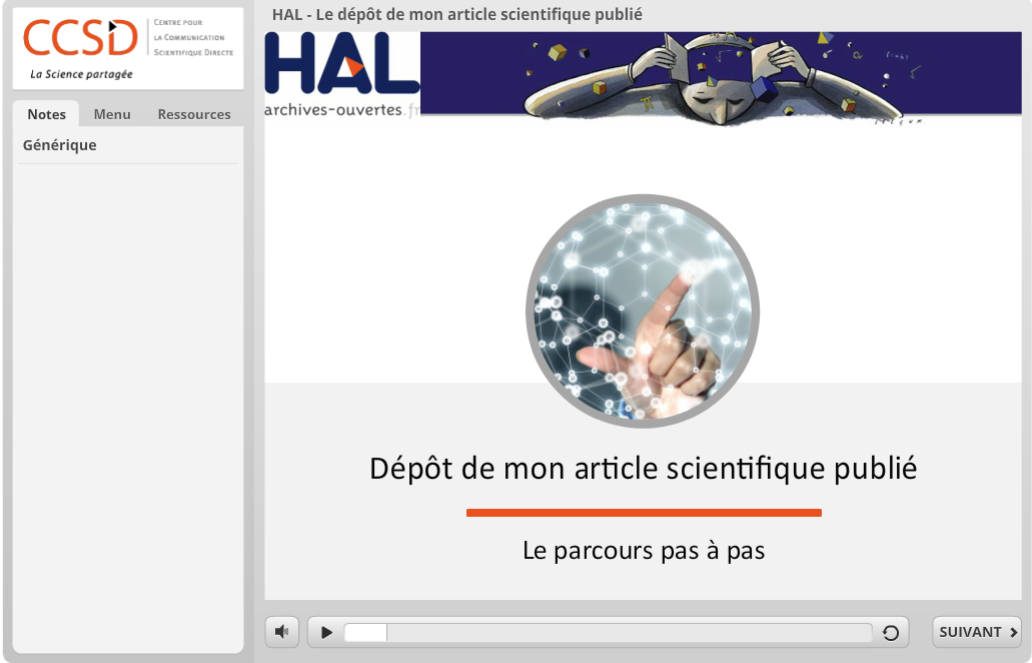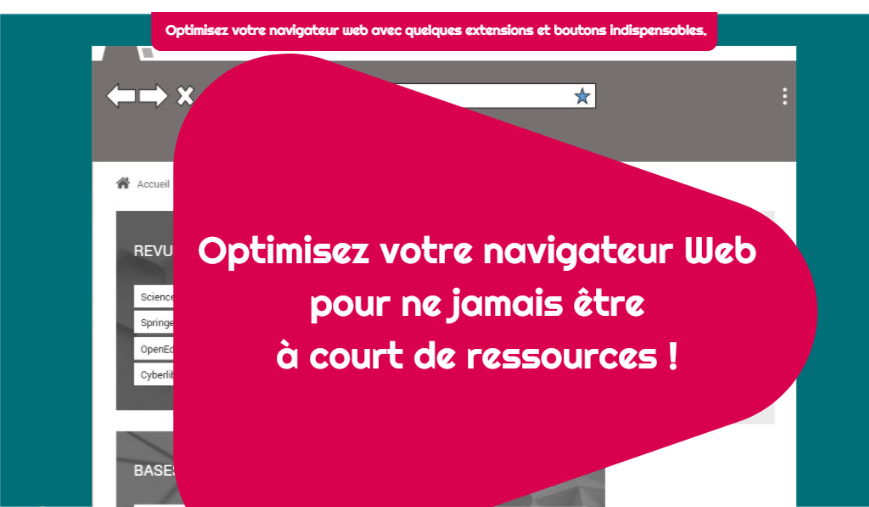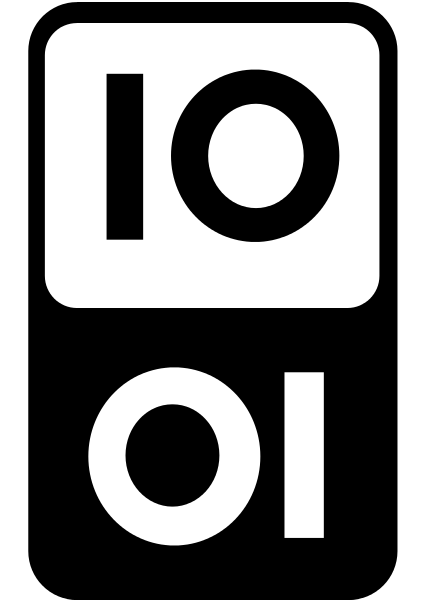What is Open Access?
There are two kinds of Open Access strategy:
- The Gold road: a paper is published in Open Access from the start; this approach can be funded in different ways: “author pays” model, institutional funding, freemium type business model (e.g. HTML free of charge but a fee for PDF). In real terms for the researcher, this offers the possibility of publishing:
- in an Open Access journal subject to payment of Article Processing Charges (APC);
- in an Open Access Journal without charges (the OpenEdition platform, overlay journals),
- din a hybrid journal, a subscription journal with a paid OA option, where articles are published open access only on payment of an APC. However, be aware that this approach ultimately costs double (double-dipping), since the institution ends up paying twice: once for the subscription and once for the article, sometimes even several times for several articles…
Most of the big publishers offer this system under different names:
 Article Sponsorship for Elsevier,
Article Sponsorship for Elsevier, OpenChoice for Springer,
OpenChoice for Springer, OnlineOpen for Wiley,
OnlineOpen for Wiley, Open Select for Taylor & Francis.
Open Select for Taylor & Francis. Here is a list kept on the Sherpa/Romeo website.
Here is a list kept on the Sherpa/Romeo website.The APCs for a hybrid or pure Open Access journal can be borne by the project funder. This is notably the case for Horizon 2020 projects, which in fact require open access sharing, whether gold or green.
- The Green road: here it is the authors themselves who self-archive their publications in an open repository. This may be their own institution’s repository or the national HAL archive. It may also be a discipline-specific repository such as Arxiv, Repec, SocArxiv, or else OSFPreprints which can query several preprint servers.
Keep calm and self-archive your papers, the law is on your side...
The Loi pour une République Numérique (Digital Republic Act, No. 2016-1321) was finally adopted by Parliament on 28 September 2016 and came into effect on 7 October. One article in this Act concerns you directly as researchers, since it covers the self-archiving of publications. The clause in question is Article 30, which amends the Research Code.
This article, which relates to Open Access, can be translated as follows:
“When a scientific writing resulting from a research activity at least half funded by state grants, territorial authorities or public institutions, by subsidies from national funding agencies or by European Union funds, is included in a periodical that is published at least once a year, the author has the right, even after granting exclusive rights to a publisher, to make the final accepted version of their manuscript available free of charge in digital form and in open format, provided that the publisher itself also makes that manuscript available free of charge in digital form or, if not, at the expiry of a time period starting from the date of first publication. This period is a maximum of six months for publication in the domains of science, technology and medicine, and 12 months in the domain of the social sciences and humanities.
The version made available in application of the first paragraph may not be exploited within the framework of a commercial publishing activity. (...)”
Previously, the right for researchers to deposit their publications in an open archive depended very much on publishers’ policy in this respect, which was set out in publishing contracts or on the Sherpa/Romeo and Héloïse platforms. The situation was not always simple, since it was necessary to identify which version could be shared (preprint, postprint, publisher PDF) and from when (on publication or after an embargo).
Thanks to the Act, the situation is now much simpler! In practical terms, the 4 key points to retain from Article 30 are as follows:
- Article 30 only applies to journal articles, and the possibility of self-archiving applies only to the postprint (the final accepted version );
- if the publisher of a journal imposes an embargo for the postprint of more than six months in the case of a journal in the science, technology or medical domains, or 12 months in the case of a journal in the social sciences and humanities, this constraint can be overcome because it is the law that takes precedence! In fact, the embargo period can be reduced systematically to 6 months for STEM and 12 months for SSH;
- once the publisher has itself placed the article in Open Access on its own website (Gold or delayed Open Access), the author can deposit the postprint without further delay. Of course, this deposit is not essential to the sharing of science, but it is an additional guarantee of continuing access to the file;
- finally, given that no commercial exploitation is possible, documents deposited via social media networks such as ResearchGate or Academia are not covered by the Act.
As mentioned above, the Act only applies to articles, or to any scientific writing published in a periodical that comes out at least once a year. For other kinds of documents such as books or conference proceedings, the contracts and policies of publishers remain the reference.
The published article must be the product of research at least half funded by grants from the state, territorial authorities or public institutions, by subsidies from national funding agencies or by European Union funds, and the researchers concerned must be exercising in France.
Finally, interpretations differ, but it would seem that the law is not retroactive, so there is no point rushing to deposit all the postprints of your old articles (one never knows…); it therefore applies to all articles published since 8 October 2016. And all publishing contracts signed since 8 October 2016 with embargoes of more than 6 or 12 months are deemed not to have been written.
Follow the École des Ponts mandate for the sharing of science
Ecole des Ponts has implemented the favorable legal framework of the Digital Republic Act to found its commitment to Open Access on a mandate that stipulates an obligation of Open Access dissemination (Open Access Gold or Green). This obligation applies to:
- articles published in peer-reviewed journals with the obligation to publish in Open Access or to deposit the final accepted version in an Open Archive within 6 months for STEM or 12 months for SSH;
- conference proceedings with the obligation to deposit the proceedings in an Open Archive within 6 months for STEM or 12 months for SSH, according to the terms allowed by the publisher.
This obligation came into force on 1 March 2017, without retroactive effect.
 Click here to download the full text of the mandate
Click here to download the full text of the mandate
Watch out for predatory journals!
Among the Open Access periodicals that charge for access, there are predatory journals that exploit the author pays model somewhat unscrupulously. In general, they pursue – sometimes harass – researchers by email, claiming to guarantee rapid dissemination of their articles.
There are several ways to avoid getting trapped:
- be wary when you receive a lot of flattering and enticing emails;
- look at the 2 lists drawn up by Jeffrey Beall, a librarian at Colorado University, who investigated the doubtful cases he encountered or was told about. His blog is no longer online, but has been kept on Internet Archive. One list contains dubious publishers, the other dubious journals;
- consult the DOAJ, the Directory of Open Access Journals;
- Apply the recommendations on the Think Check Submit website.
Get started and share your publications
The Scholarly Communication unit can help you…
… by organizing workshops in your laboratory and answering all your questions. Send us an email or open a chat to try to get an immediate answer.
A video tutorial for deposits in HAL
CCSD (Centre for Direct Scientific Communication), the CNRS unit in charge of HAL, has produced a very comprehensive video tutorial to teach you how to upload a document to HAL.
Creating a HAL CV or your idHAL
 Go to HAL page in the researcher area of the website.
Go to HAL page in the researcher area of the website.
Retrieve the postprint submitted on a publisher platform
 Go to the article "How to retrieve its postprint on a publisher's platform".
Go to the article "How to retrieve its postprint on a publisher's platform".
To find Open Access literature
First of all, our search engine is set up to propose Open Access publications when it identifies them. Moreover, Google Scholar also prioritizes OA versions.
In addition, there are databases that combine several open archives. This is the case for the biggest of them – BASE – and for CORE. You can also consult OpenAire or Paperity.
It is easy to set up your browser with extensions that immediately identify whether these databases include an Open Access version of the document you are looking for.
Follow our tutorial to optimize your web browser and never find yourself short of resources.






